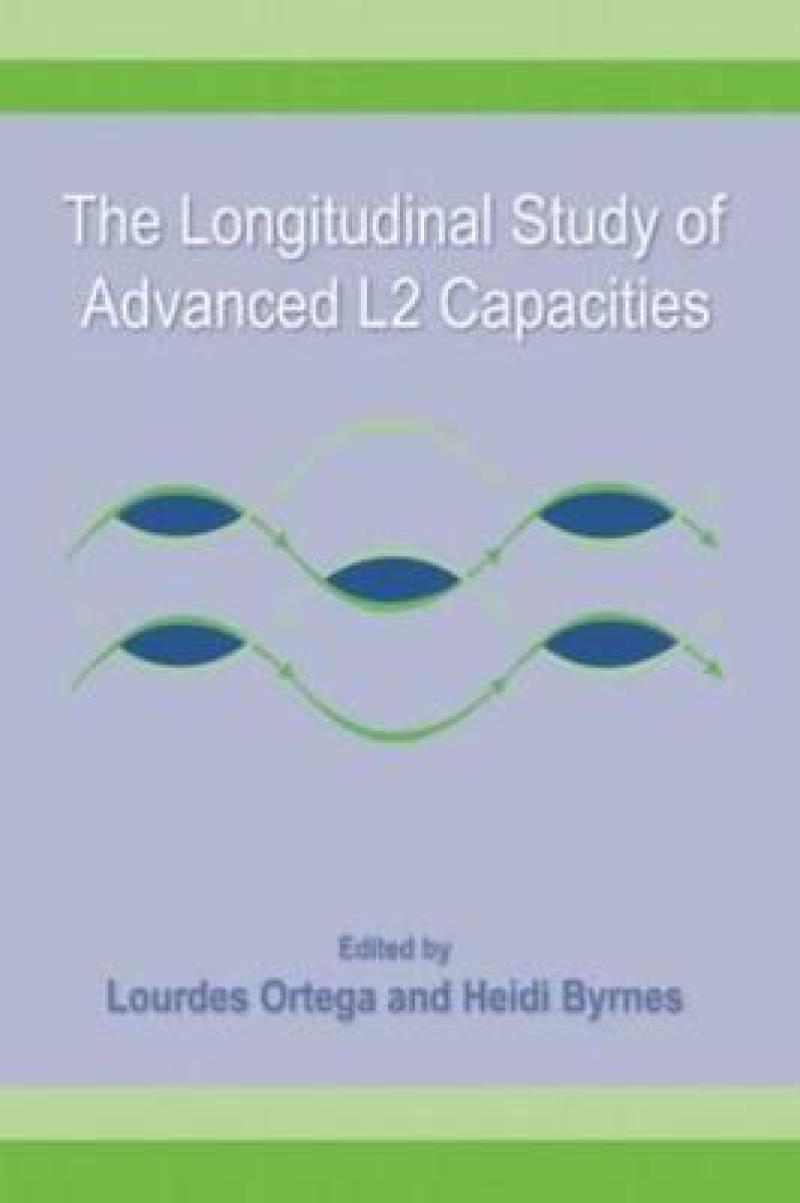Produktdetaljer
Biographical note
Lourdes Ortega is Associate Professor of Second Language Studies at the University of Hawai‘i. Her research interests include second language acquisition, second language writing, and research methods. Recent publications are Synthesizing Research on Language Learning and Teaching (co-edited with John Norris, Benjamins) and Understanding Second Language Acquisition (Arnold).
Heidi Byrnes is George M. Roth Distinguished Professor of German at Georgetown University. Her research focus is the acquisition of L2 academic literacy by adult instructed learners. Recent publications include Educating for Advanced Foreign Language Capacities: Constructs, Curriculum, Instruction, Assessment (co-edited with Heather Weger-Guntharp and Katherine A. Sprang, Georgetown University Press); and Advanced Language Learning: The Contribution of Halliday and Vygotsky (Continuum).
